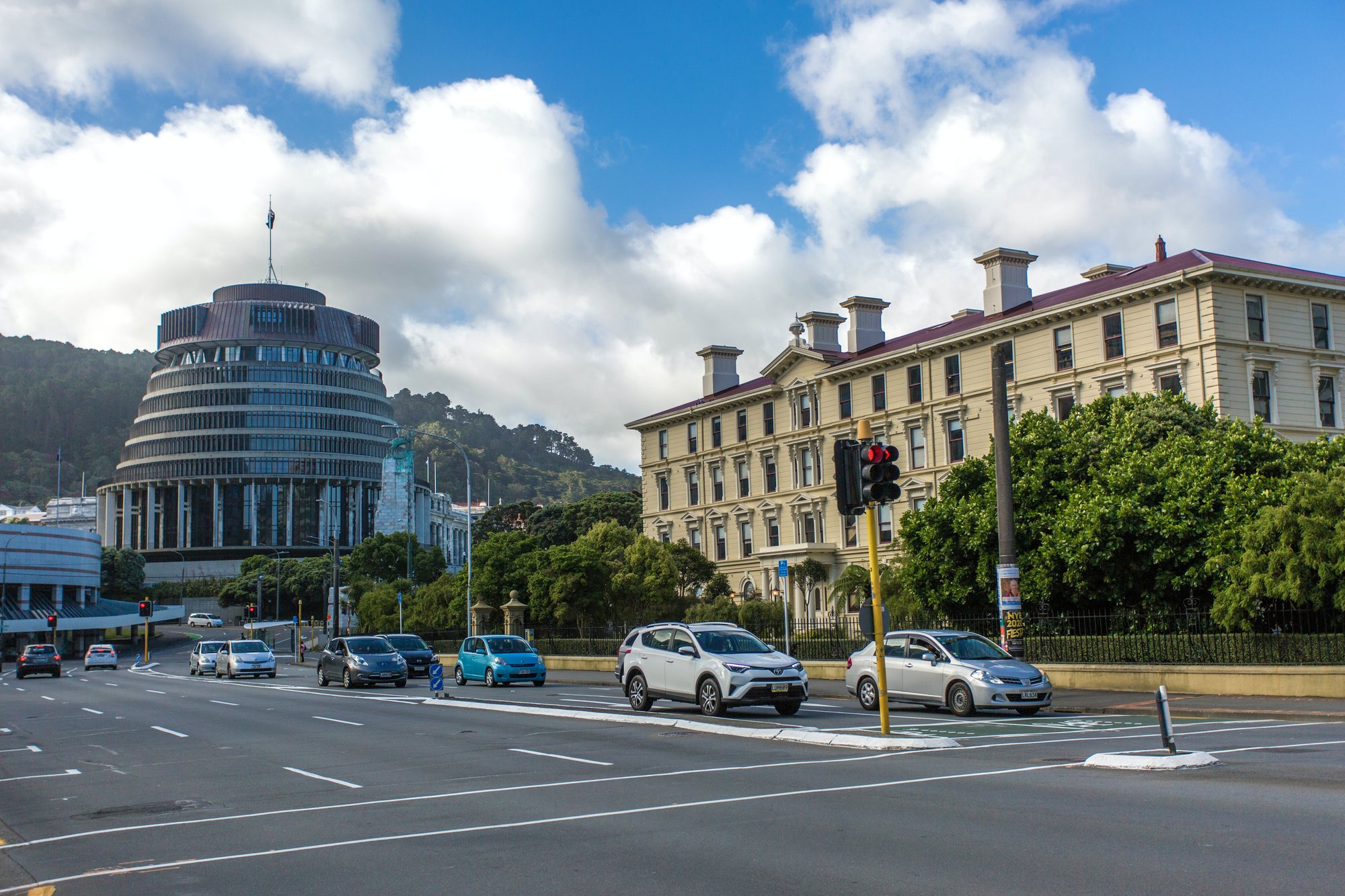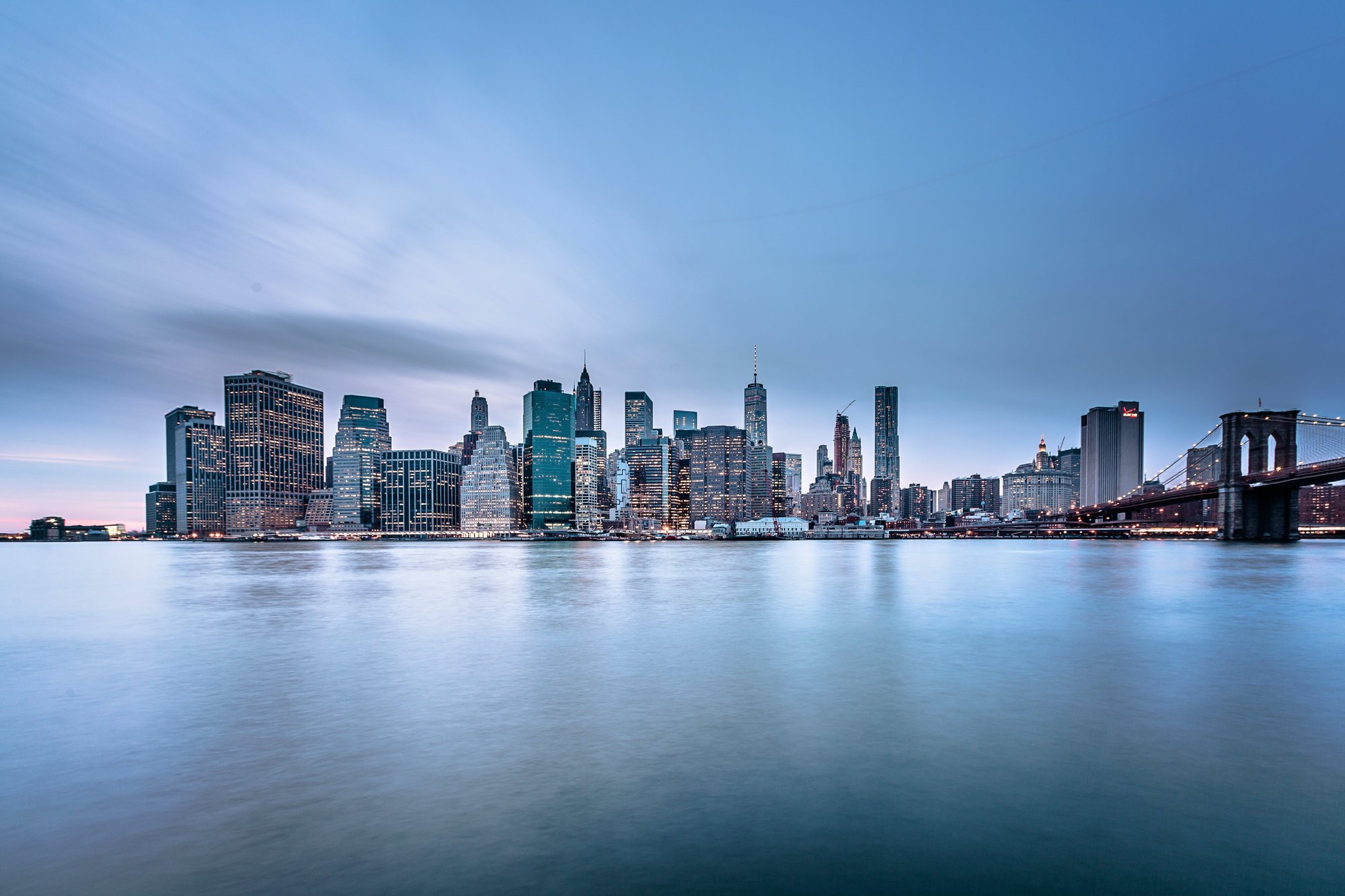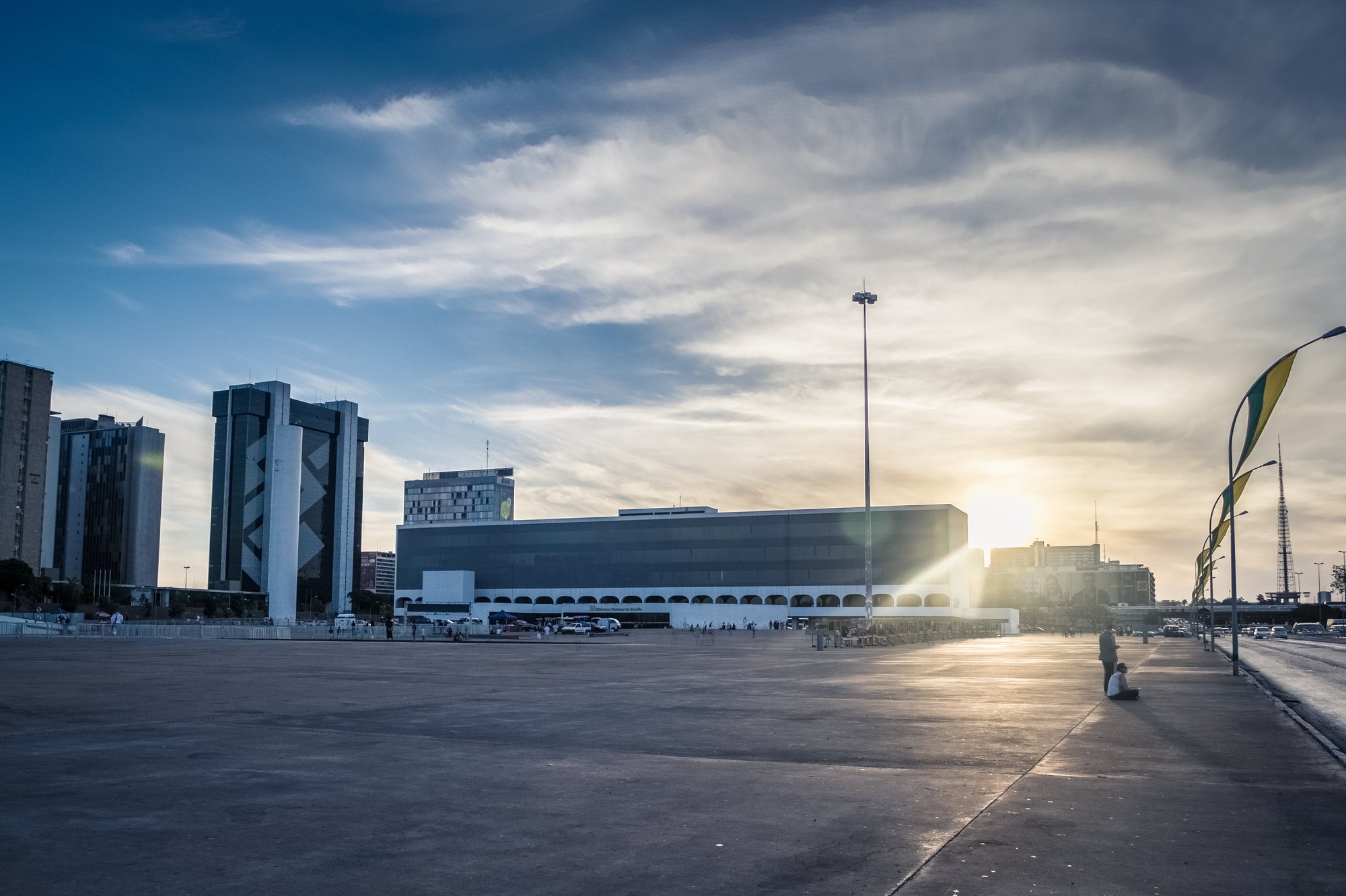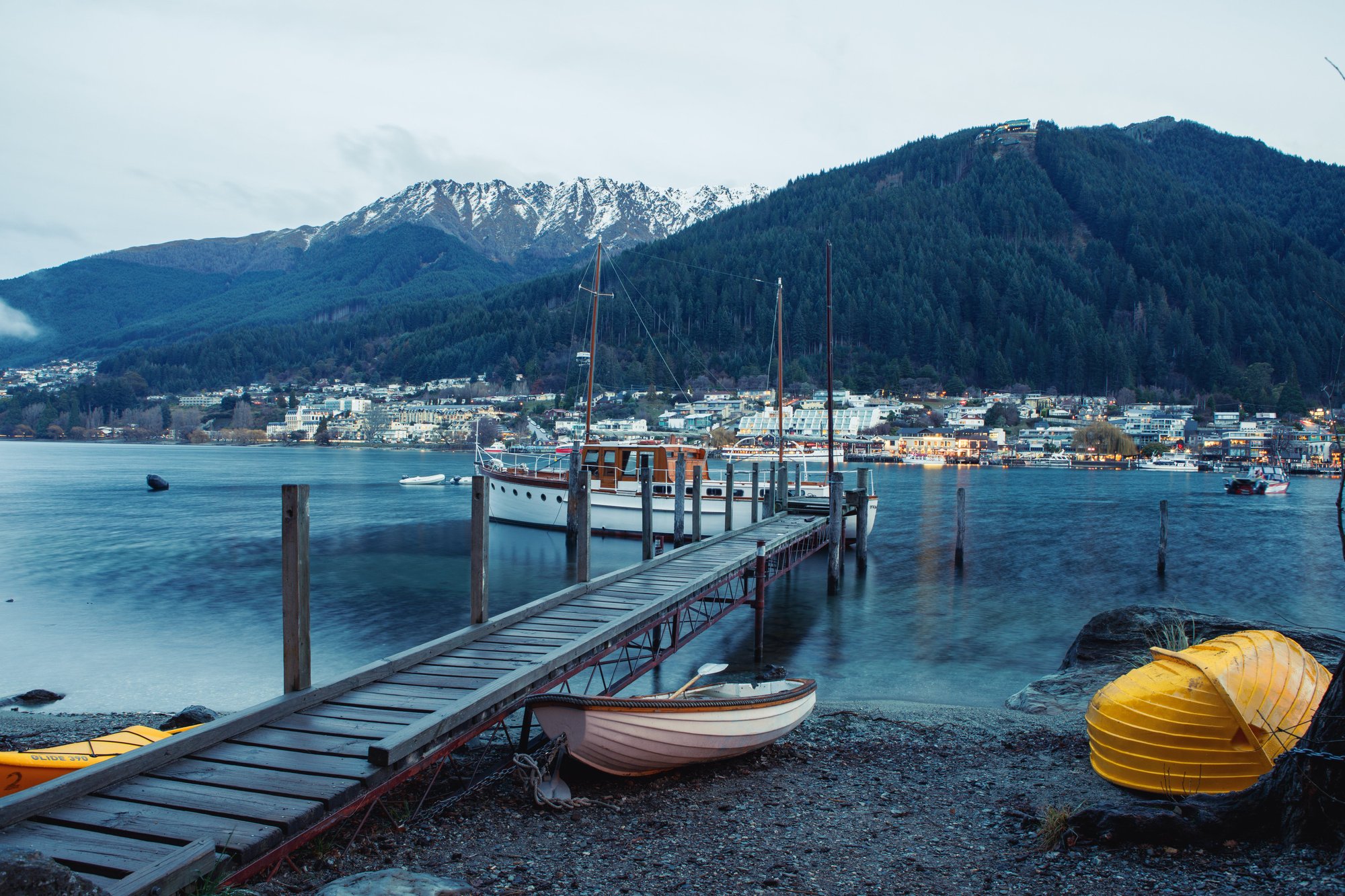How Contact Energy use CarbonWise on their mission to lead decarbonisation of Aotearoa
Contact Energy are working hard to help power New Zealand with renewable energy without relying on fossil fuels, committing to net zero generation by 2035.
Their decarbonisation strategy includes strong performance across a broad set of environmental, social, and governance (ESG) factors as well as continuously improving operations. They are included in the Dow Jones Sustainability Indices, a family of benchmarks for investors seeking sustainable business investments, including human rights, hazardous waste, and embedding positive ESG practices throughout their supply chain.
That’s a long-winded way of saying that Contact are taking a rigorous approach to decarbonisation. They’re not messing around. One small part of the picture is their commuting emissions, and since 2022, they’ve been using Abley’s CarbonWise to measure their team’s commuting impact. We caught up with Contact’s Senior Analyst in ESG Data, Natasha Wong, to find out more about how CarbonWise fits into their sustainability journey.
Decarbonisation needs detailed, integrated reporting
Natasha Wong explains,
I monitor and report on our ESG data, which is our environmental, social and governance data. That data applies a broad sustainability lens to everything from human rights in our supply chain, right the way through to the makeup of our Board.
Contact produces an annual integrated report, which includes financial and ESG data. Contact is listed on the New Zealand stock exchange, so that level of detailed reporting is statutory, and we prefer to do an integrated report because it gives a fuller picture of our operations. Not everyone is focused on our profits. People also want to know how we operate. Our commuting emissions are part of that picture. So, we use CarbonWise to capture our commuting emissions, and we get our ESG reports audited, so we’re confident our data is accurate.”


More than a mandatory exercise
Tracking emissions is more than a mandatory exercise for Contact, who are committed to decarbonisation. 93% of our electricity generation in the last year came from renewable hydro and geothermal stations. Contact recently decommissioned the Te Rapa cogeneration power station, and are looking into further geothermal, wind, solar, and battery investments. Te Rapa closed in June 2023, reducing Contact’s emissions by 200,000 tons per annum – the equivalent of taking 44,000 vehicles off the road.
Contact have been reporting Scope 1, 2 and 3 emissions, in line with the Greenhouse Gas Protocol 2004, since 2018. They aim to reduce Scope 3 emissions by 34% by 2026 to meet their emission reduction targets set through the Science Based Targets initiative.
We want to stay ahead of the game. So, our CO2 emissions are top of mind when it comes to our sustainability journey. Emissions from commuting are part of our Scope 3 emissions, a broad category of indirect emissions including emissions from purchased goods, business travel and waste.”
An end-to-end solution for measuring commuting emissions
Contact’s 2023 commuting survey was Natasha’s first experience of using CarbonWise, but it’s their second commuting survey using the tool.
Things went well last year. This year we’re keen to do two surveys to track seasonal trends in the data. We did our first survey in March, at the tail end of the warm season, and we’re hoping to do another in late August.
We track many different forms of data from many sources. So, it’s very handy having a tool like CarbonWise which offers an end-to-end solution for measuring commuting emissions. We could quite easily put out a commuting survey to our people, but CarbonWise also calculates our total commuting emissions, and it gives us the chance to gather feedback from our team.
Once the survey was done, it was easy for me to pull our commuting emissions figure and plug that into my overall calculations for our reporting. And because CarbonWise results are verified as Toitū Carbon Compatible, we know Abley are tracking the same emissions factors we’d track, were we to measure our commuting emissions ourselves in house.”


Not everything is simple on Contact’s decarbonisation journey.
One question Contact ask in their CarbonWise survey is, ‘What stops you from taking more sustainable modes of transport to work?’
Lots of our people bike, walk and bus to work, which is great. Our Auckland and Wellington offices do not have car parks so most people take public transport. We have electric bikes and EVs for our team to use when they need to get around town. And we embrace flexible working, so people have the choice to work from home.
But our people who don’t use sustainable transport have some challenges we may struggle to address. For example, a large portion of our operations are in the Taupō region, where there isn’t a good public transport system. And our team works in shifts, so if people leave work at night, it’s not necessarily safe to walk home. Or they may be 15kms from where they live, and there may be no one to carpool with because their colleagues don’t live in the same neighbourhood.
When public transport doesn’t exist, or cycle lanes aren’t safe enough, it’s hard for us to take immediate action. But we have some useful insights from our surveys. Ideas like setting up a carpooling roster, and feedback like cyclists would appreciate more showers at work. So, there are definitely useful takeaways we can look at. Employee commuting is about 1% of our overall emissions, so it’s not one of our major emission areas, but it’s in the mix.”
“Abley are good to work with. They’re very responsive. We intend to keep doing CarbonWise surveys to keep track of our commuting emissions and understand why our team make the choices they do. I’m proud Contact is doing so much to decarbonise and be more sustainable. But there’s always more we can do!”
Sustainability is an organisational mindset
Natasha also finds the CarbonWise survey helpful because it helps make people aware of the impact their commuting choices have. She says,
We could have estimated our commuting emissions based on an average Wellingtonian, for example. But we asked everyone to do the survey because it’s good to get buy-in from the team.
Sustainability is partly about the mindset throughout the whole organisation. I don’t believe it’s right if we decarbonise our power network and use all renewable generation sources, but everyone at the office is still using takeaway coffee cups and driving big diesel trucks to work. We’re all on this journey, the whole organisation together, and tools like CarbonWise help get people into a mindset that drives decarbonisation success.
Abley are good to work with. They’re very responsive. We intend to keep doing CarbonWise surveys to keep track of our commuting emissions and understand why our team make the choices they do. There aren’t obvious easy wins appearing from the commuting surveys, so it’ll take a bit of creative thinking to come up with ideas. But things change all the time, and in the next survey we might pick up on new feedback that sparks a whole new way to reduce our impact. I’m proud Contact is doing so much to decarbonise and be more sustainable. But there’s always more we can do.”
Measure your organisation’s commuting emissions with CarbonWise
One of the most powerful things many organisations can do to slow climate change is reduce their employees’ commuting emissions.
CarbonWise makes it easy for you to track emissions both from your team’s commute and working from home, and to encourage your employees to use more sustainable travel options.
If you’re looking for a way to measure commuting emissions for your organisation, we’d love to introduce you to CarbonWise. Book a demo with our team to learn more.
Get in touch
If you’ve got a question or want to chat to us about how we can help you, contact us.
We look forward to talking with you.

